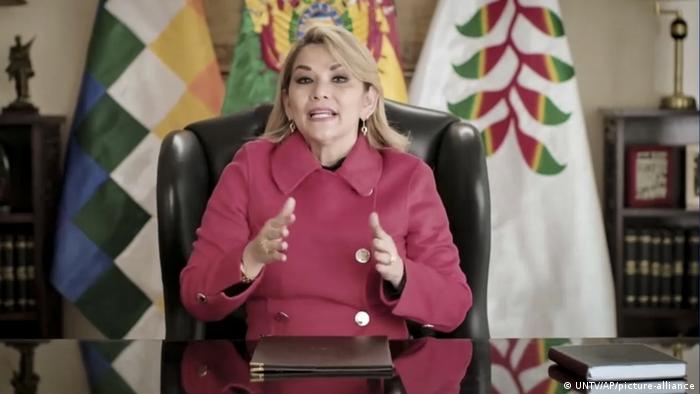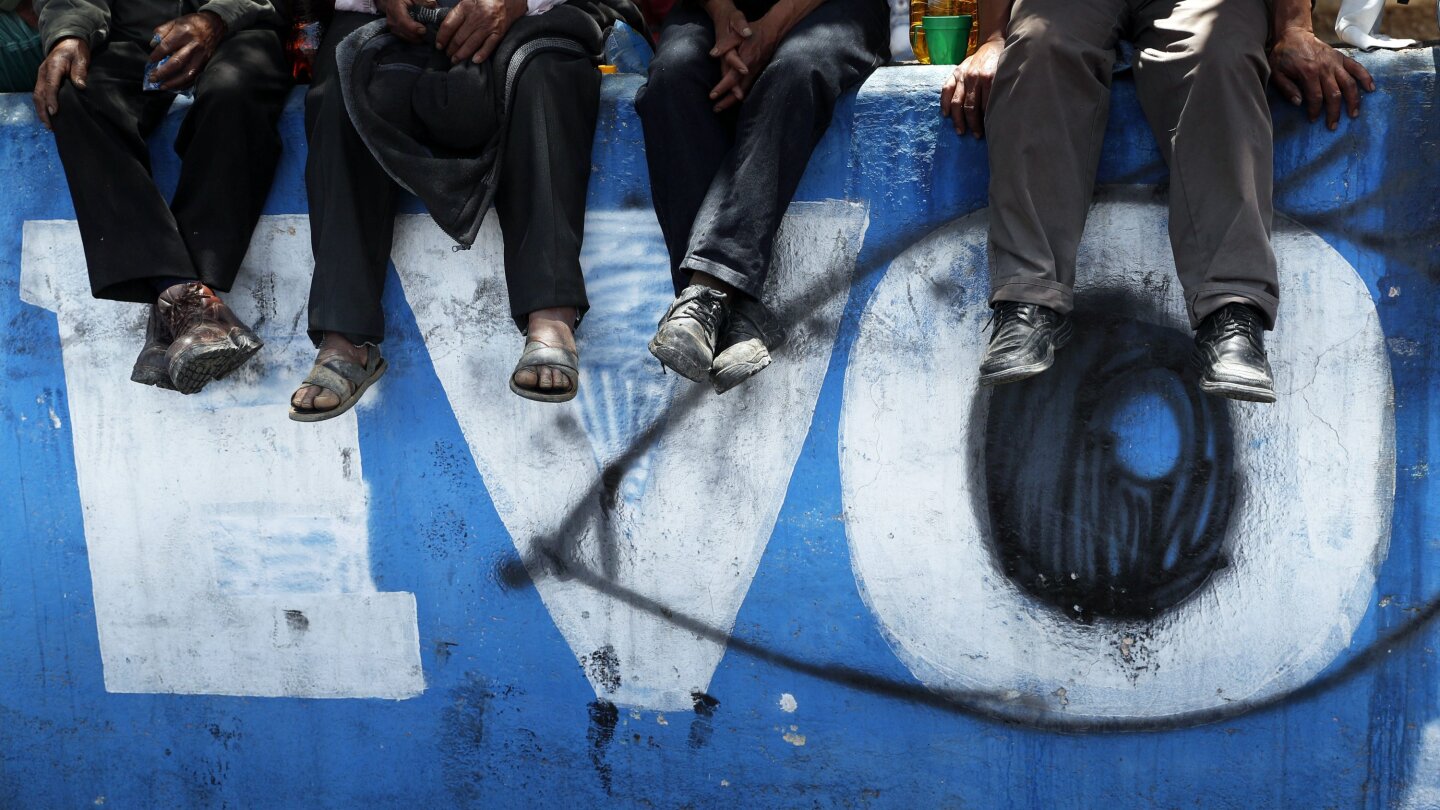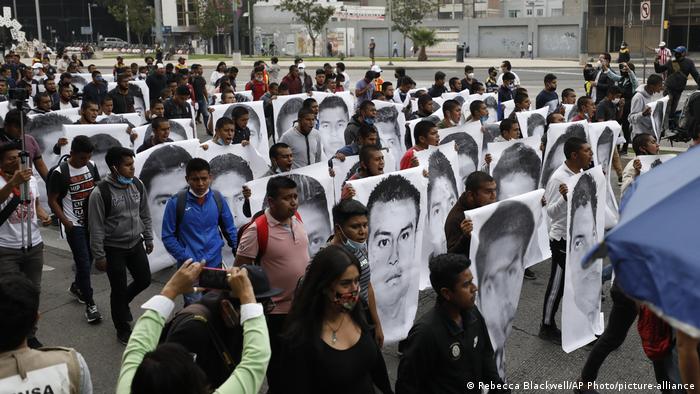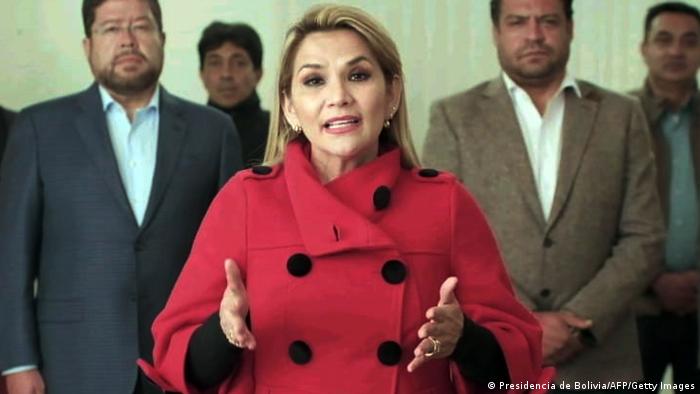Plain Jane
Just Plain Jane
August 's thread here:
 www.timebomb2000.com
www.timebomb2000.com

 apnews.com
apnews.com
Click to copy
Quarantine-weary Brazilians head to beaches despite warnings
By MARCELO SILVA DE SOUSAyesterday

1 of 5
People enjoy the Ipanema beach amid the new coronavirus pandemic in Rio de Janeiro, Brazil, Sunday, Sept.6, 2020. Brazilians are packing the beaches and bars this weekend, taking advantage of a long holiday to indulge in normal life even as the COVID-19 pandemic rages on. (AP Photo/Bruna Prado)
RIO DE JANEIRO (AP) — Suellen de Souza could no longer endure the confinement. After six months of precautions, the Brazilian nursing technician decided that Sunday would be her first day at the beach since the pandemic began.
“This week it was very hot ... the truth is I really wanted to come” to the beach, said the 21-year-old at Rio de Janeiro’s Ipanema beach, which is technically still closed to sun-bathers though few respect the prohibition and authorities seldom enforce it.
Under a burning midday sun, she had difficulty finding an empty space in the sand as thousands crowded the famed beach, which was dotted with hundreds of umbrellas and families sunning themselves. Beach-goers were packed close together with few wearing face masks.
With tentative signs the coronavirus pandemic is easing, Brazilians exhausted with quarantine measures and social distancing are increasingly relaxing precautions and flooding beaches as if the pandemic were over. They are being urged to do so - and violate the recommendations of health experts - by President Jair Bolsonaro, who has resisted many lockdown measures and pressed for a return to normal life from the beginning, famously calling the novel coronavirus a “little flu.”
“It is like a rain that is going to reach you,” Bolsonaro said of the virus on July 7, the day he confirmed his own infection from which he has since recovered.
In Rio, recommendations by health experts to remain isolated are being challenged even by people like Souza, a nursing technician who worked in a field hospital for coronavirus patients.
“The coronavirus is being controlled a little more, that gave me security to go out,” she said.
The same scenario is playing out in Sao Paulo, Brazil’s worst-hit state with more than 855,000 confirmed infections and 31,000 deaths. Thousands of residents took advantage of the long weekend to travel to the coast.
“If you stay indoors for a long time, you will go crazy. I was like that. The moment I found out the beach was open, I decided to come,” said Josy Santos, a 26-year-old teacher who spent the day in Guarujá, a seaside resort an hour from Sao Paulo.
With more than 4,100,000 confirmed infections and 126,000 deaths from the virus, Brazil has the second highest totals in both figures behind only the United States. In recent weeks, Latin America’s largest country has left a new case number plateau that had dragged on from almost three months and started seeing a reduction in the number of new confirmed cases. But with an average of 820 deaths per day, its numbers are still considered high by health experts.
Patricia Canto, a pulmonologist at Brazil’s premier biomedical research and development lab, the Oswaldo Cruz Foundation, or Fiocruz, warned that if Brazilians are negligent the country could see a repeat of what happened in Europe, especially Spain, where second waves of new cases were seen.
“Spain controlled the pandemic, but there were new outbreaks when many young people were negligent during the summer,” Canto said. If Brazil’s “population is not conscientious and continues to frequent beaches and bars without precautions, it might mirror this.”
Geraldo Tadeu, political scientist and coordinator of the Center for Studies and Research on Democracy, said the lack of coordination among levels of government in the COVID-19 fight demoralized many Brazilians.
“After six months, no one can stand to stay indoors seeing how there are no clear guidelines for fighting the virus,” said Tadeu. “As there is no serious policy, the population is exhausted. People head out to the streets when they see that others are not complying and the effort of staying home is no longer worth it.”
More than 6 months after the start of the pandemic, Brazilians seem increasingly relaxed about taking precautions to fight the virus’ spread. Some attribute this to Bolsonario’s denial rhetoric.
Souza said many do not believe in taking precautions because “Bolsonaro did not believe in the disease ... He did not set an example.”
But Sao Paulo Gov. Joao Doria, who clashed with Bolsonaro over quarantine measures, does not think this is necessarily the case. The congestion and vehicle flow on Sao Paulo’s highways this weekend exceeded that seen during Carnival in February.
“We see the same problem (of full beaches) in Spain, the United States and England, which do not see these speeches against social distancing,” Doria told The Associated Press.
INTL - Latin America and the Islands: Politics, Economics, Military- August 2020
Here is July's thread: https://www.timebomb2000.com/xf/index.php?threads/latin-america-and-the-islands-politics-economics-and-military-july-2020.577743/#post-7904449 Main Coronavirus Thread beginning page 1302...

Quarantine-weary Brazilians head to beaches despite warnings
Suellen de Souza could no longer endure the confinement. After six months of precautions, the Brazilian nursing technician decided that Sunday would be her first day at the beach since the pandemic began.
Click to copy
Quarantine-weary Brazilians head to beaches despite warnings
By MARCELO SILVA DE SOUSAyesterday

1 of 5
People enjoy the Ipanema beach amid the new coronavirus pandemic in Rio de Janeiro, Brazil, Sunday, Sept.6, 2020. Brazilians are packing the beaches and bars this weekend, taking advantage of a long holiday to indulge in normal life even as the COVID-19 pandemic rages on. (AP Photo/Bruna Prado)
RIO DE JANEIRO (AP) — Suellen de Souza could no longer endure the confinement. After six months of precautions, the Brazilian nursing technician decided that Sunday would be her first day at the beach since the pandemic began.
“This week it was very hot ... the truth is I really wanted to come” to the beach, said the 21-year-old at Rio de Janeiro’s Ipanema beach, which is technically still closed to sun-bathers though few respect the prohibition and authorities seldom enforce it.
Under a burning midday sun, she had difficulty finding an empty space in the sand as thousands crowded the famed beach, which was dotted with hundreds of umbrellas and families sunning themselves. Beach-goers were packed close together with few wearing face masks.
With tentative signs the coronavirus pandemic is easing, Brazilians exhausted with quarantine measures and social distancing are increasingly relaxing precautions and flooding beaches as if the pandemic were over. They are being urged to do so - and violate the recommendations of health experts - by President Jair Bolsonaro, who has resisted many lockdown measures and pressed for a return to normal life from the beginning, famously calling the novel coronavirus a “little flu.”
“It is like a rain that is going to reach you,” Bolsonaro said of the virus on July 7, the day he confirmed his own infection from which he has since recovered.
In Rio, recommendations by health experts to remain isolated are being challenged even by people like Souza, a nursing technician who worked in a field hospital for coronavirus patients.
“The coronavirus is being controlled a little more, that gave me security to go out,” she said.
The same scenario is playing out in Sao Paulo, Brazil’s worst-hit state with more than 855,000 confirmed infections and 31,000 deaths. Thousands of residents took advantage of the long weekend to travel to the coast.
“If you stay indoors for a long time, you will go crazy. I was like that. The moment I found out the beach was open, I decided to come,” said Josy Santos, a 26-year-old teacher who spent the day in Guarujá, a seaside resort an hour from Sao Paulo.
With more than 4,100,000 confirmed infections and 126,000 deaths from the virus, Brazil has the second highest totals in both figures behind only the United States. In recent weeks, Latin America’s largest country has left a new case number plateau that had dragged on from almost three months and started seeing a reduction in the number of new confirmed cases. But with an average of 820 deaths per day, its numbers are still considered high by health experts.
Patricia Canto, a pulmonologist at Brazil’s premier biomedical research and development lab, the Oswaldo Cruz Foundation, or Fiocruz, warned that if Brazilians are negligent the country could see a repeat of what happened in Europe, especially Spain, where second waves of new cases were seen.
“Spain controlled the pandemic, but there were new outbreaks when many young people were negligent during the summer,” Canto said. If Brazil’s “population is not conscientious and continues to frequent beaches and bars without precautions, it might mirror this.”
Geraldo Tadeu, political scientist and coordinator of the Center for Studies and Research on Democracy, said the lack of coordination among levels of government in the COVID-19 fight demoralized many Brazilians.
“After six months, no one can stand to stay indoors seeing how there are no clear guidelines for fighting the virus,” said Tadeu. “As there is no serious policy, the population is exhausted. People head out to the streets when they see that others are not complying and the effort of staying home is no longer worth it.”
More than 6 months after the start of the pandemic, Brazilians seem increasingly relaxed about taking precautions to fight the virus’ spread. Some attribute this to Bolsonario’s denial rhetoric.
Souza said many do not believe in taking precautions because “Bolsonaro did not believe in the disease ... He did not set an example.”
But Sao Paulo Gov. Joao Doria, who clashed with Bolsonaro over quarantine measures, does not think this is necessarily the case. The congestion and vehicle flow on Sao Paulo’s highways this weekend exceeded that seen during Carnival in February.
“We see the same problem (of full beaches) in Spain, the United States and England, which do not see these speeches against social distancing,” Doria told The Associated Press.


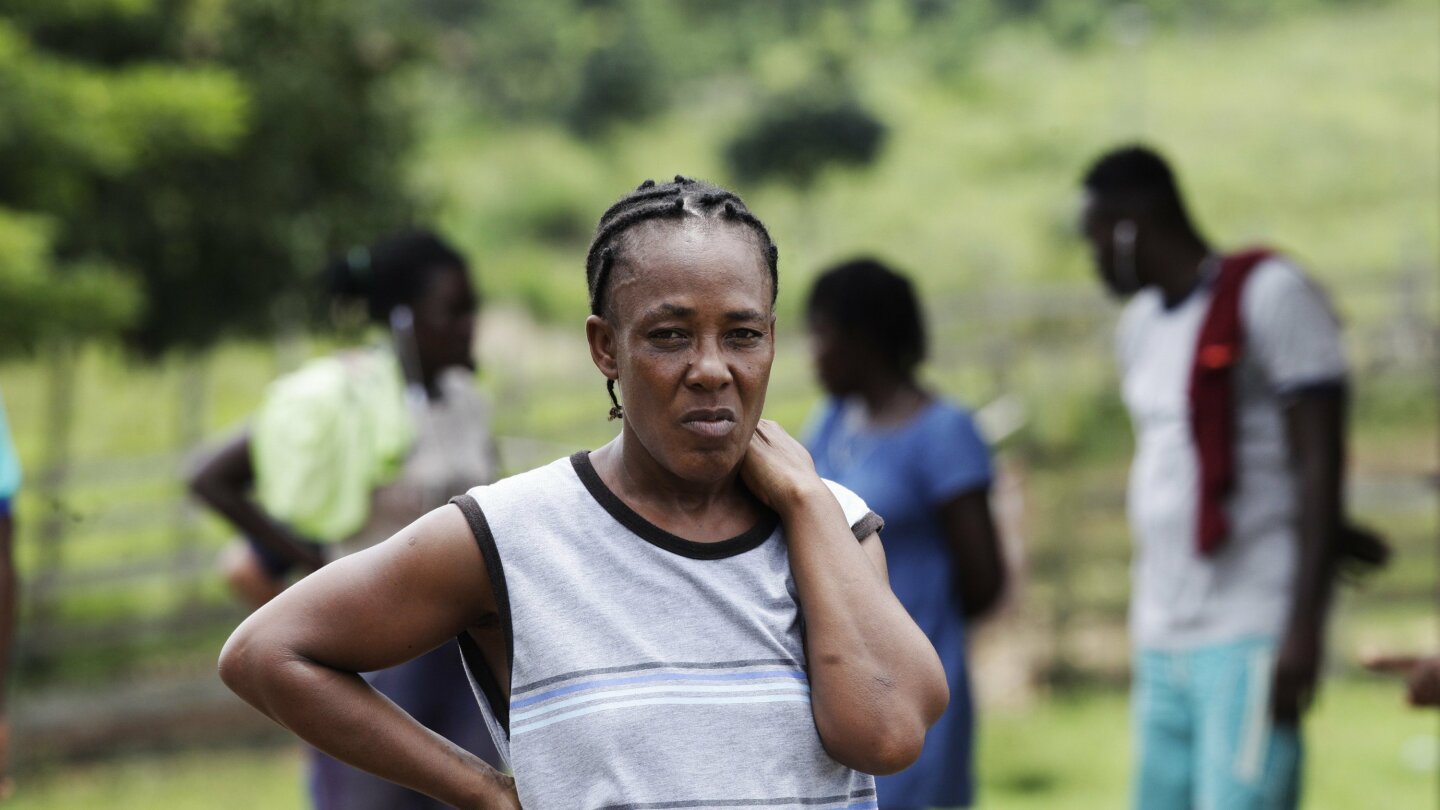

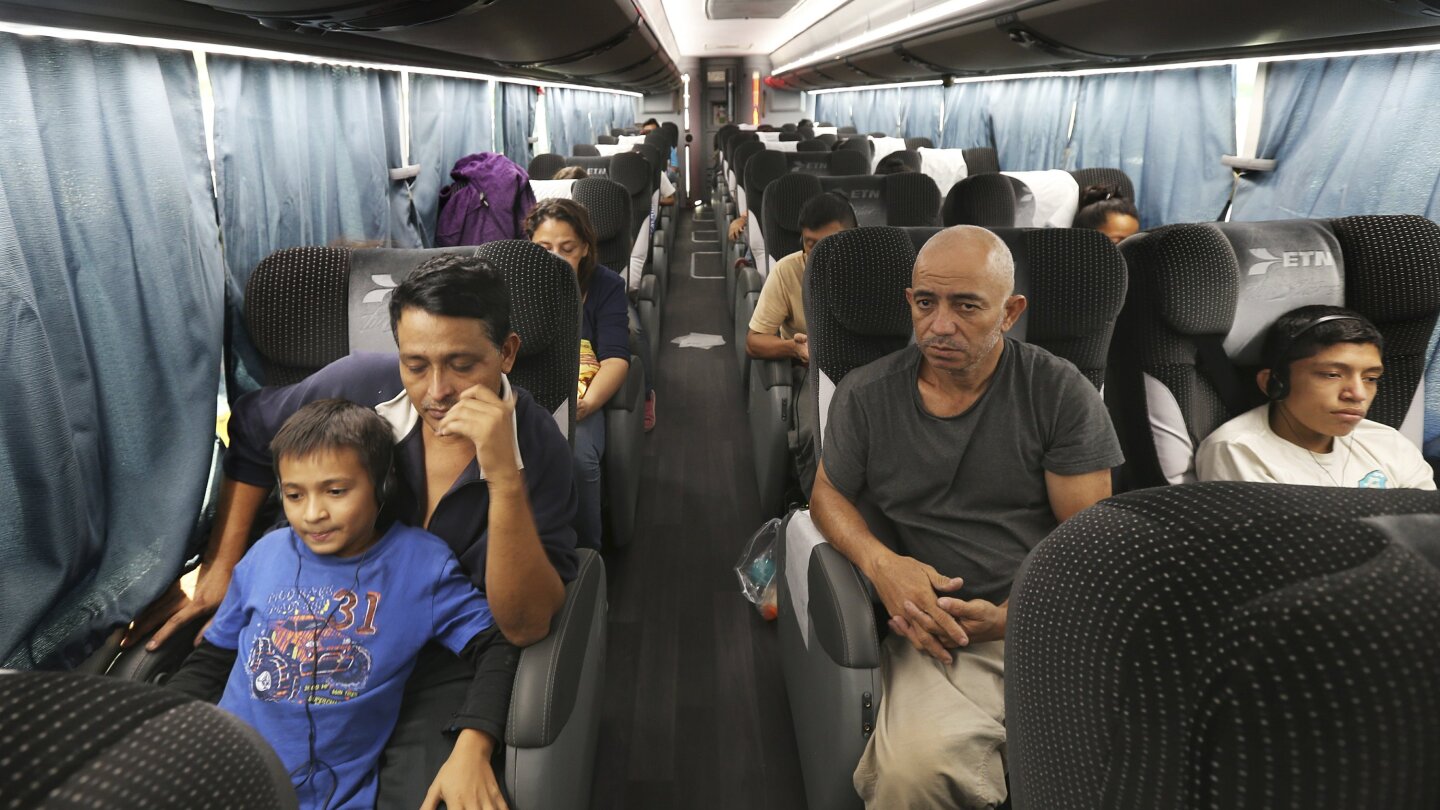


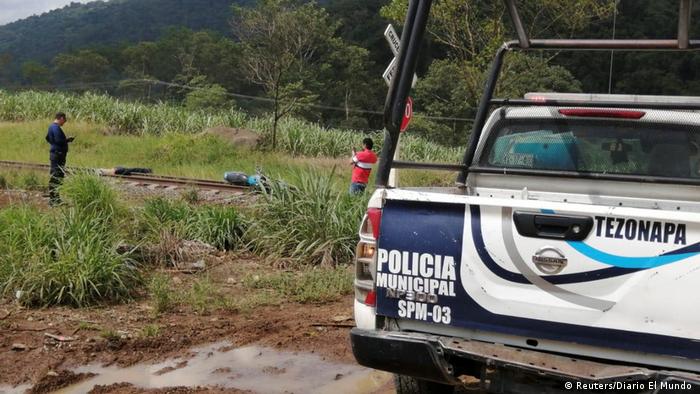
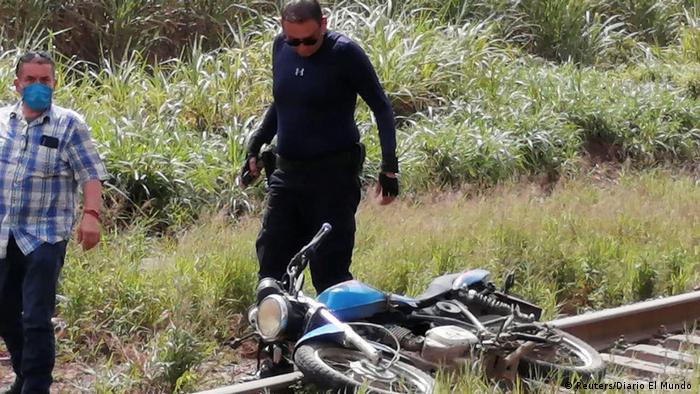



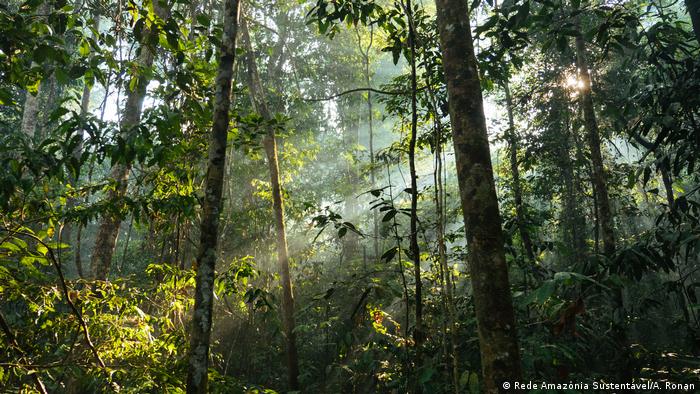

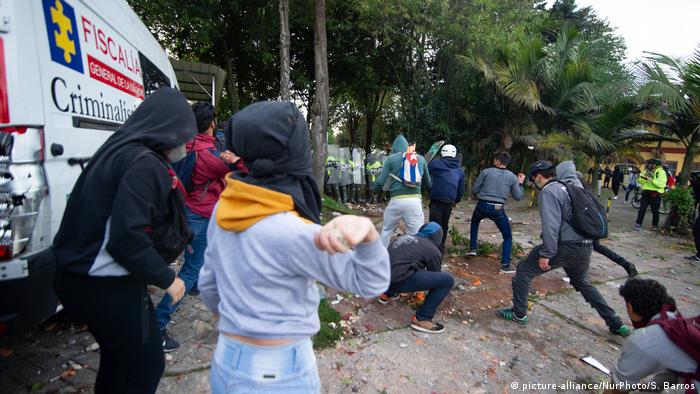
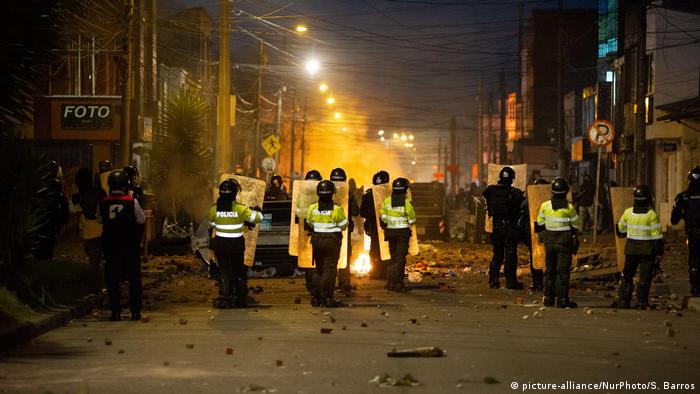


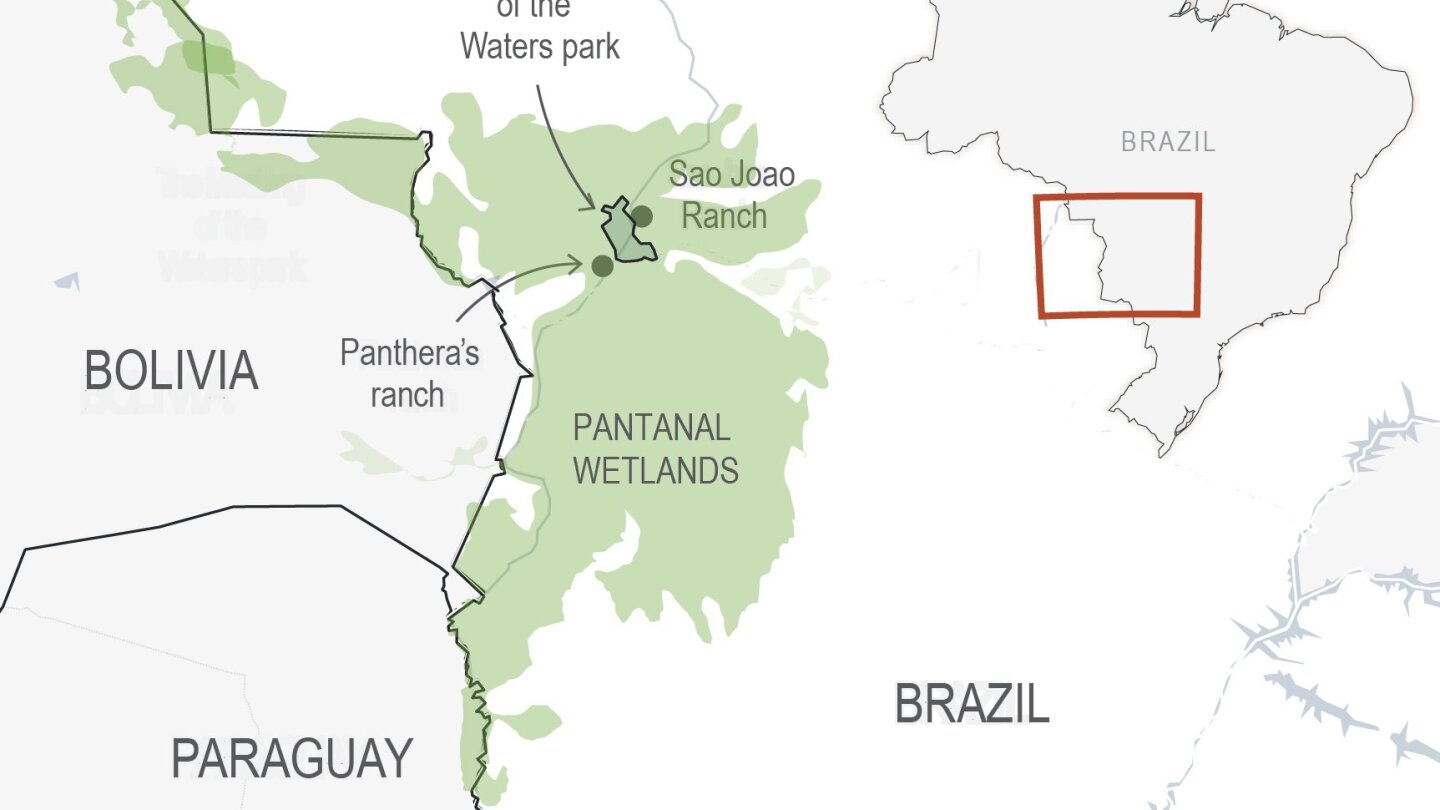

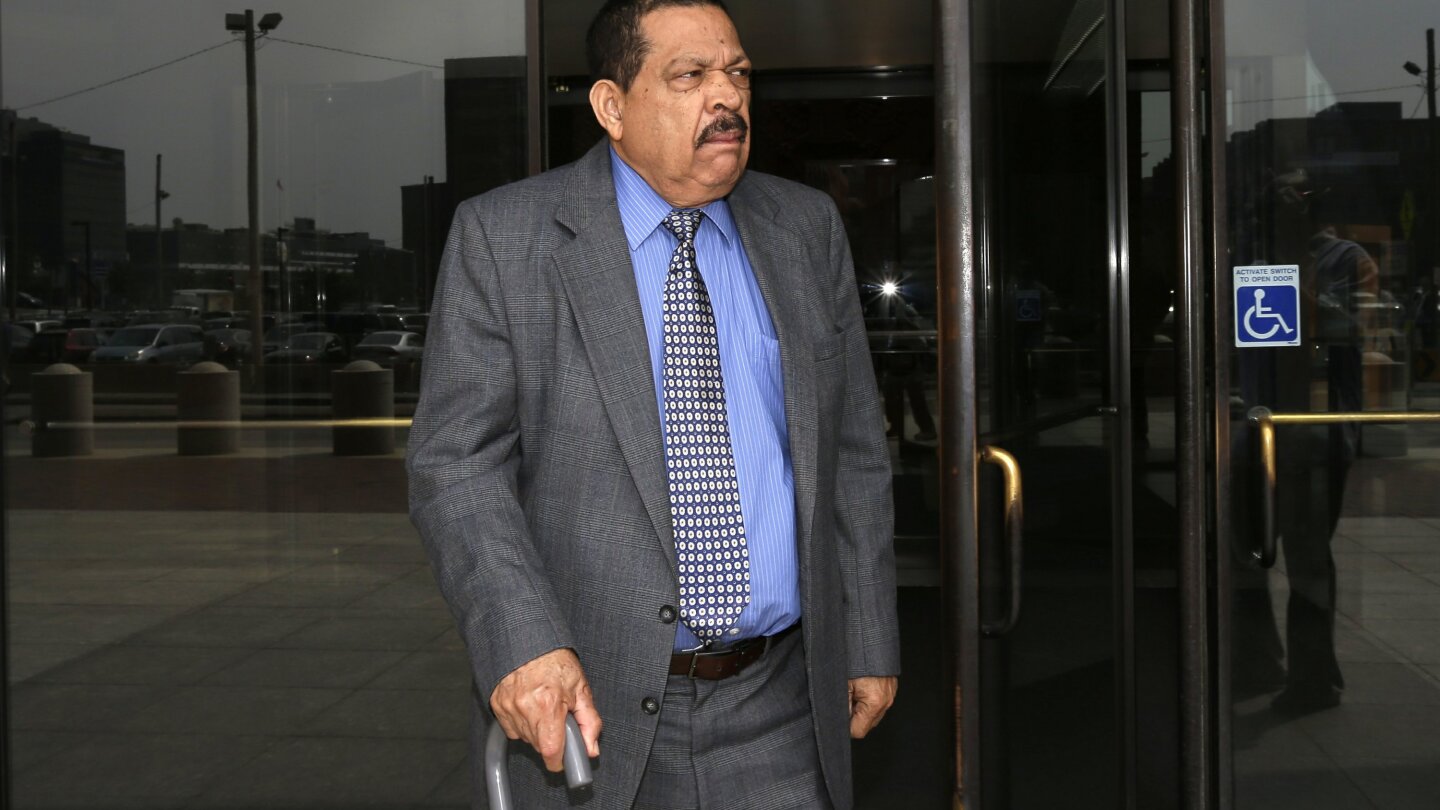







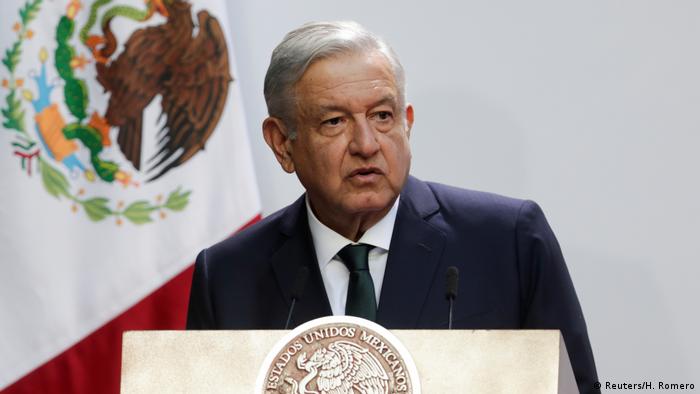




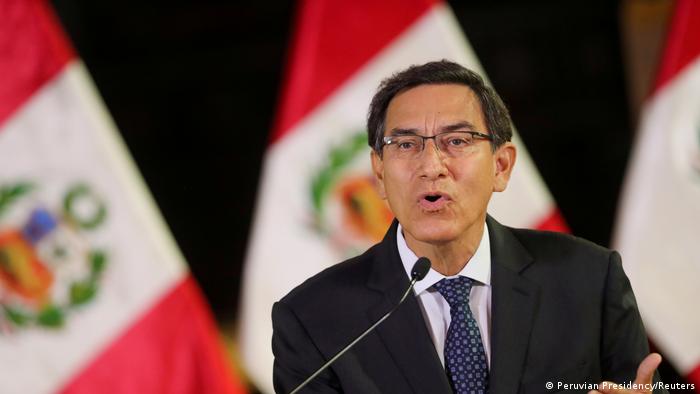




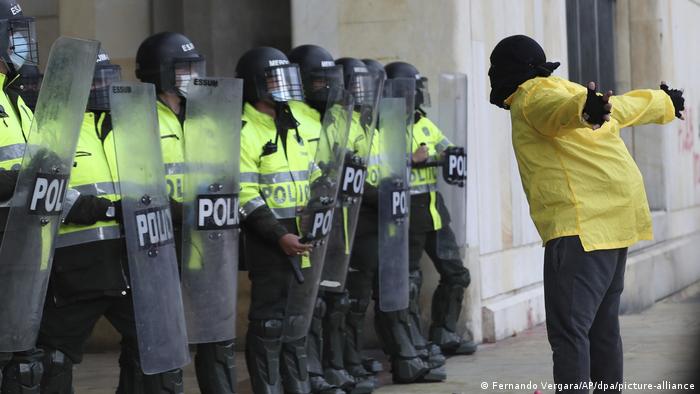



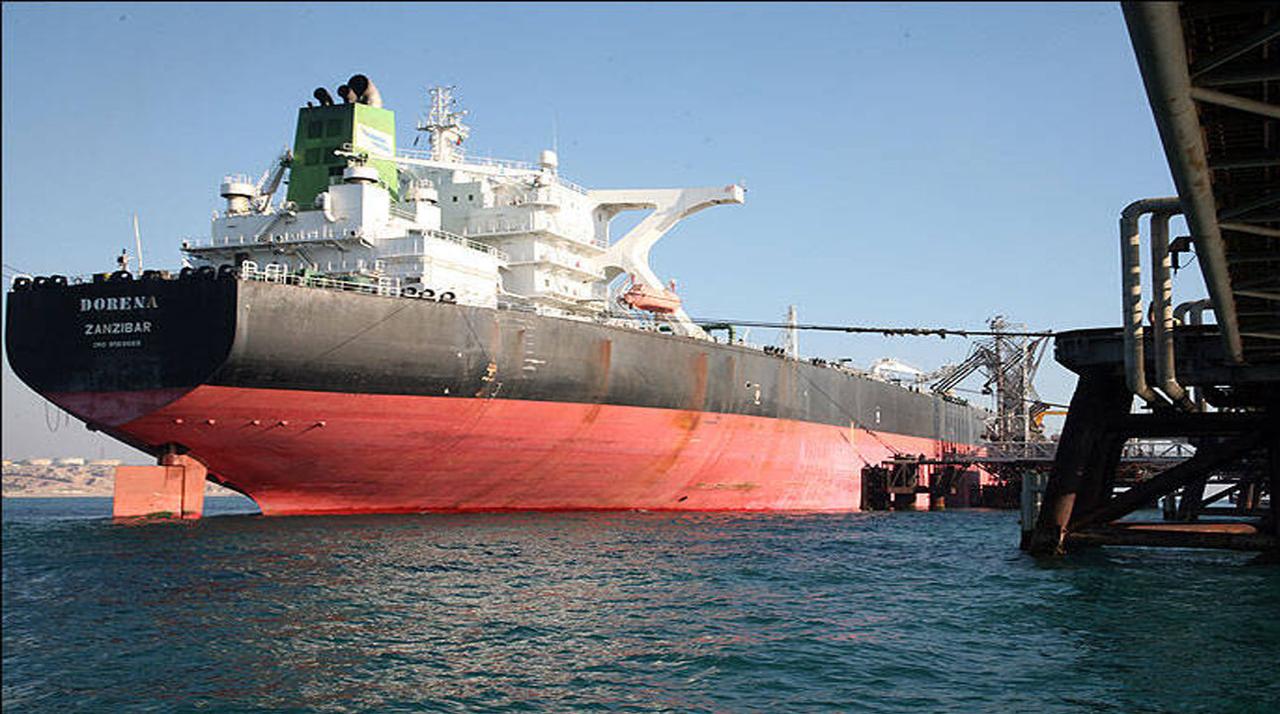 Iran tanker file
Iran tanker file
